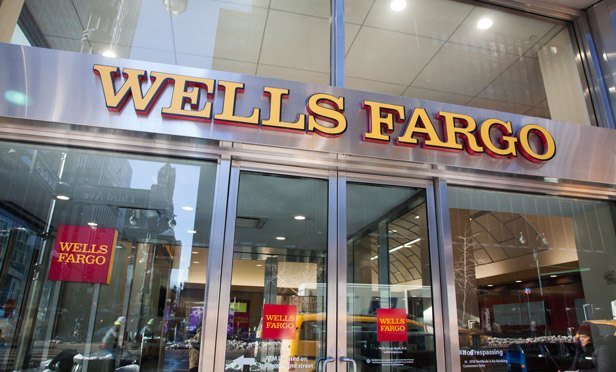
 A Wells Fargo branch in New York (Photo: Bloomberg)
A Wells Fargo branch in New York (Photo: Bloomberg)
The Securities and Exchange Commission says Wells Fargo will pay $35 million over shortcomings with its investment recommendation practices.
The regulator charged Wells Fargo Clearing Services and Wells Fargo Advisors Financial Network with failure to supervise and train investment advisers and registered representatives recommending single-inverse ETF investments to retail investors; it also said the bank lacked adequate compliance policies and procedures tied to the suitability of these recommendations.
The latest settlement comes less that a week after Wells Fargo agreed to pay $3 billion to the SEC and Department of Justice to resolve potential criminal and civil charges tied to its fake-accounts scandals.
From April 2012 through September 2019, the bank's policies and procedures "were not reasonably designed to prevent and detect unsuitable recommendations of single-inverse ETFs," the SEC said late Thursday.



